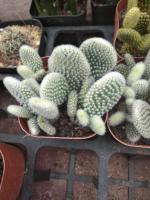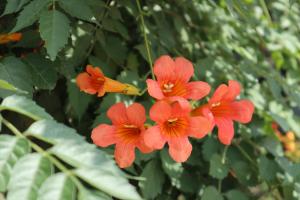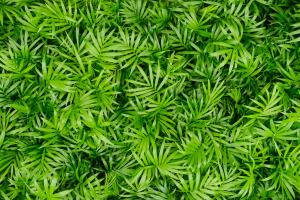Can You Spray Home Defense on Plants and Trees?
Home Defense is a popular brand of insecticide that is designed to prevent insects from infesting our homes. But can you use Home Defense on plants and trees as well? This is a common question among homeowners who want to protect their garden and yard from unwanted pests.
The Ingredients in Home Defense
Before we answer the question, let's take a look at the ingredients in Home Defense. The main active ingredient in Home Defense is bifenthrin, which is a synthetic pyrethroid. Pyrethroids are derived from natural pyrethrins, which are found in chrysanthemum flowers. Bifenthrin is highly effective against a wide range of insects, including ants, roaches, spiders, and ticks.
Can You Use Home Defense on Plants and Trees?
The short answer is no, you should not use Home Defense on plants and trees. While bifenthrin is effective against many types of insects, it is also highly toxic to bees, fish, and other beneficial insects and animals. If you spray Home Defense on your plants and trees, you run the risk of harming these important pollinators and natural pest controllers.
Alternatives to Home Defense for Plants and Trees
So what can you use instead of Home Defense to protect your plants and trees from pests? One option is to use insecticidal soap or neem oil. Both of these products are made from natural ingredients and are safe for bees and other beneficial insects. Insecticidal soap works by suffocating insects, while neem oil disrupts their feeding and reproduction.
Another option is to use a physical barrier, such as row covers or netting, to prevent insects from reaching your plants and trees. This is especially effective for crops that are susceptible to insect infestations, such as strawberries and blueberries.
Conclusion
In conclusion, while Home Defense is an effective insecticide for controlling pests inside your home, it should not be used on plants and trees. Instead, opt for safer and more eco-friendly alternatives such as insecticidal soap, neem oil, or physical barriers. By doing so, you can protect your garden and yard from unwanted pests without putting the health of beneficial insects and animals at risk.

 how many times do yo...
how many times do yo... how many planted tre...
how many planted tre... how many pine trees ...
how many pine trees ... how many pecan trees...
how many pecan trees... how many plants comp...
how many plants comp... how many plants can ...
how many plants can ... how many plants and ...
how many plants and ... how many pepper plan...
how many pepper plan...






























